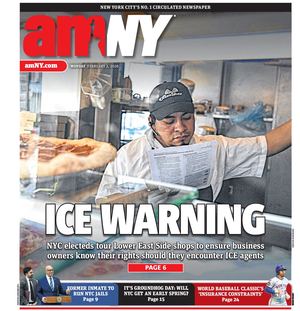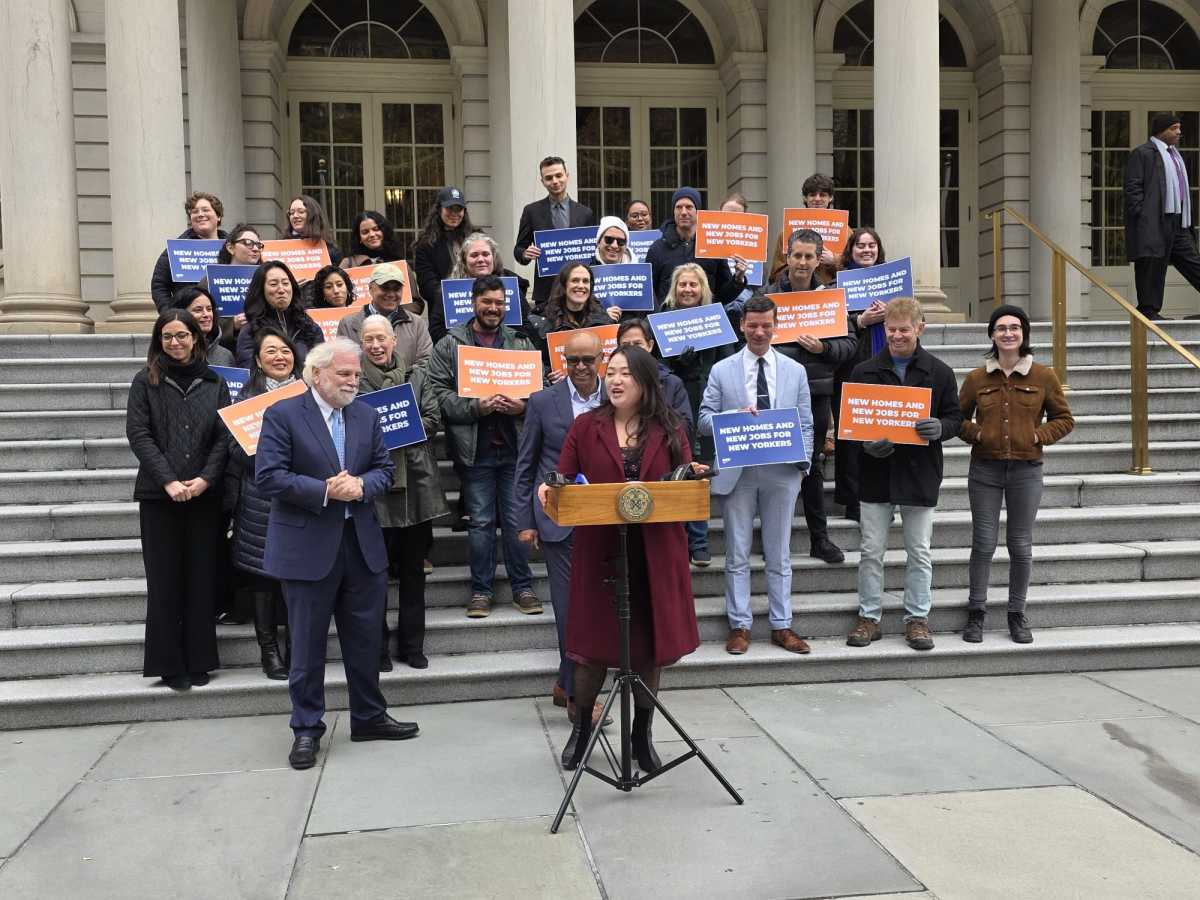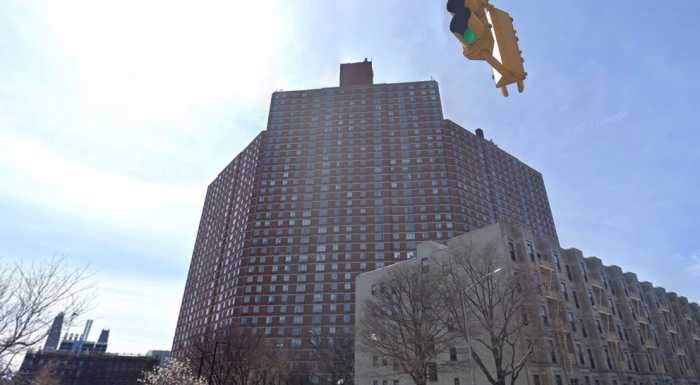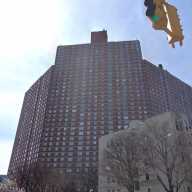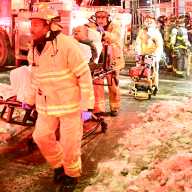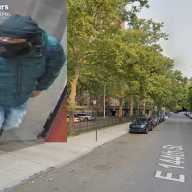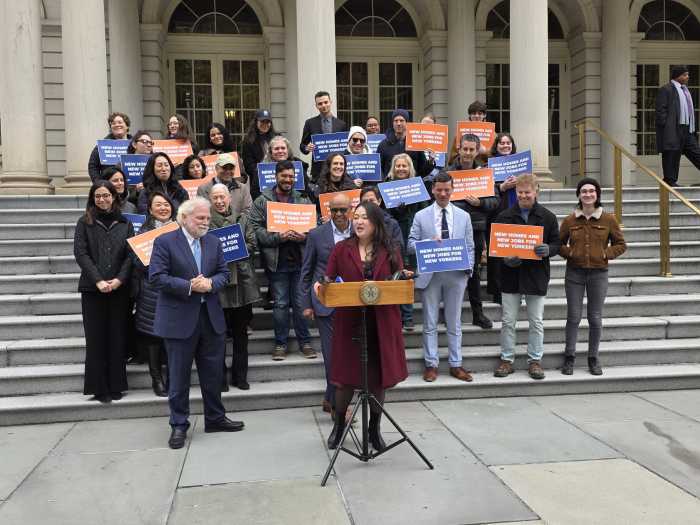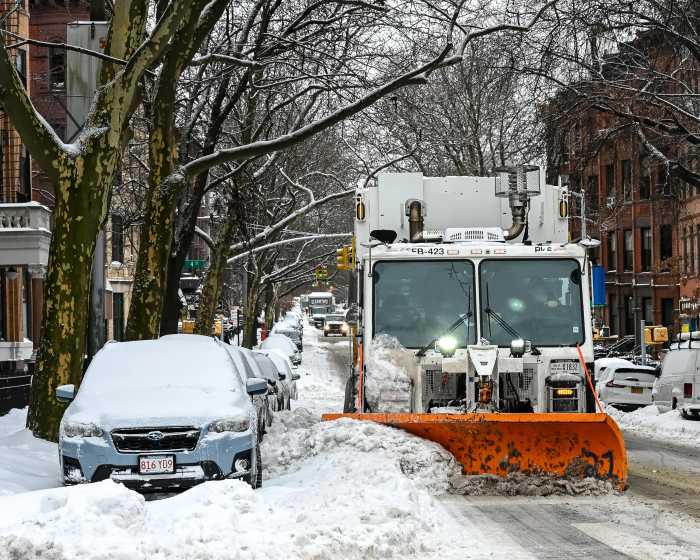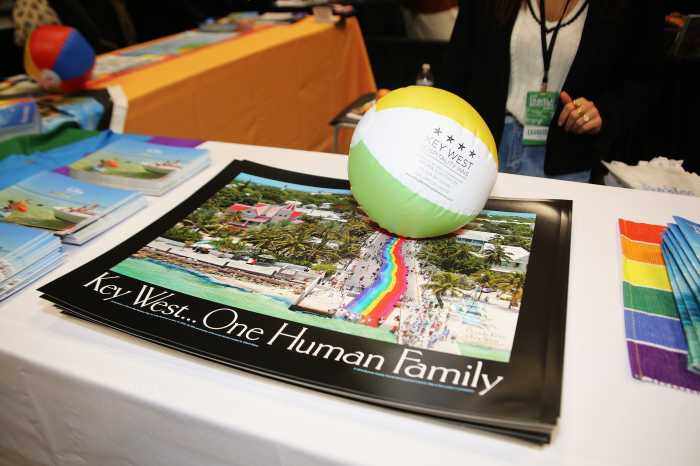Airbnb filed a lawsuit against the City of New York on Friday, alleging that a recently passed City Council bill forcing home-rental companies to disclose host’s personal information violates the U.S. Constitution.
The so-called Homesharing Surveillance Ordinance was unanimously passed by the City Council in July as a means to hold home-sharing services accountable as the city grapples with complaints of transient strangers inside apartment buildings and a dwindling affordable housing stock, among other issues.
The law mandates that companies like Airbnb submit monthly reports to the Mayor’s Office of Special Enforcement (OSE) that list personal information about its hosts, including names, addresses, transaction records with renters and each listing’s URL. A failure to disclose a single listing could result in fines against the home-sharing service — not the host — of up to $1,500.
While city lawmakers say the information is needed in order to support existing laws and ensure apartments meant for New Yorkers are not being illegally used as short-term rentals for tourists, Airbnb argues that the law is a “extraordinary act of government overreach.”
According to the lawsuit, which was filed in the U.S. Southern District of New York, the Homesharing Surveillance Ordinance violates the First and Fourth Amendments of the U.S. Constitution, as well as Article I, Section 12 of the New York Constitution (security against unreasonable searches, seizures and interceptions) and the federal Stored Communications Act.
The law essentially allows the city government to circumvent strict legal processes in order to obtain private information about New Yorkers and does little to protect the data, allowing OSE to use and share it however the agency chooses, according to Airbnb.
“In sum, the systematic, ongoing, bulk surveillance mandated by the Homesharing Surveillance Ordinance is illegal,” the lawsuit says. “The Ordinance requires Airbnb and other home-sharing platforms to communicate a chilling message to their users under the guise of obtaining ‘consent’ and then to surrender to the city an extraordinary amount of commercially sensitive and personal information about their hosts without cause or protection.”
Christian Klossner, executive director of the Mayor’s Office of Special Enforcement, defended the law on Friday.
“This law provides the city with the critical data it needs to preserve our housing stock, keep visitors safe, and ensure residents feel secure in their homes and neighborhoods,” he said.
The de Blasio administration isn’t alone in its support of the law. Jonathan Westin, executive director of the affordable housing advocacy group New York Communities for Change, accused Airbnb of abusing city tenants as well as the legal system.
“Airbnb has turned a blind eye to greedy landlords and out-of-town investors illegally converting rent-stabilized homes into hotels,” Westin said on Friday in response to the lawsuit. “Now they are again forcing taxpayers to endure endless legal challenges that have one goal — to lengthen the amount of time they can profit from illegal listings.”
Airbnb, however, claims the number of hosts illegally using its service in New York City is small and insists the law is actually the result of a multimillion dollar lobbying campaign funded by the hotel industry, which is threatened by the growth of home-sharing services.
“Because users of these platforms have no opportunity to challenge this turnover of data to the Office of Special Enforcement, the city is betting that they will walk away from homesharing,” the lawsuit says.
Unless legal action is taken under the lawsuit, the law will go into effect in February 2019.
